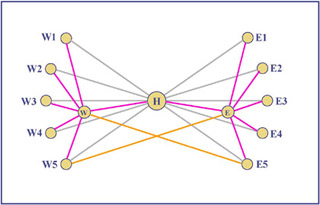Course Description
This subject is a survey of the fundamental analytic tools, approaches, and techniques which are useful in the design and operation of logistics systems and integrated supply chains. The material is taught from a managerial perspective, with an emphasis on where and how specific tools can be used to improve the overall …
This subject is a survey of the fundamental analytic tools, approaches, and techniques which are useful in the design and operation of logistics systems and integrated supply chains. The material is taught from a managerial perspective, with an emphasis on where and how specific tools can be used to improve the overall performance and reduce the total cost of a supply chain. We place a strong emphasis on the development and use of fundamental models to illustrate the underlying concepts involved in both intra and inter-company logistics operations.
While our main objective is to develop and use models to help us analyze these situations, we will make heavy use of examples from industry to provide illustrations of the concepts in practice. This is neither a purely theoretical nor a case study course, but rather an analytical course that addresses real problems found in practice.
Course Info
Learning Resource Types











